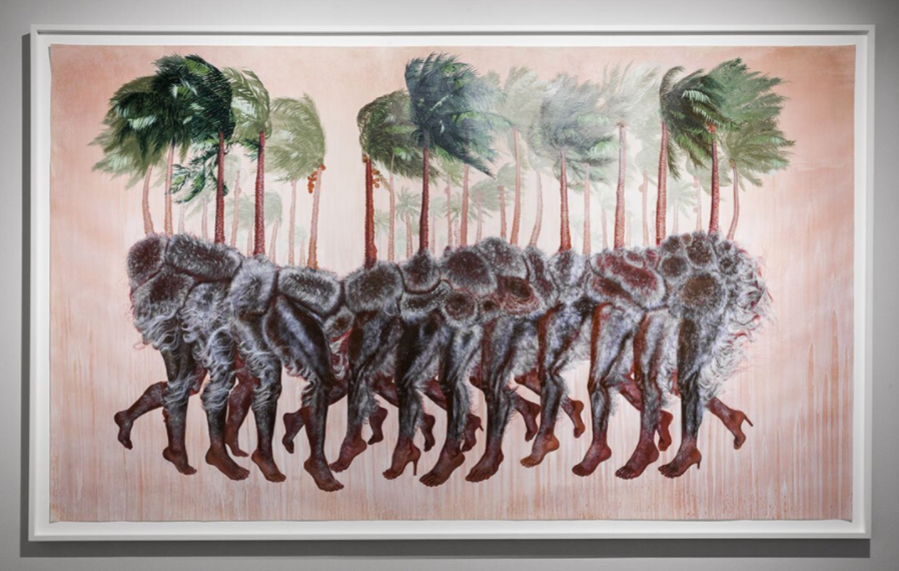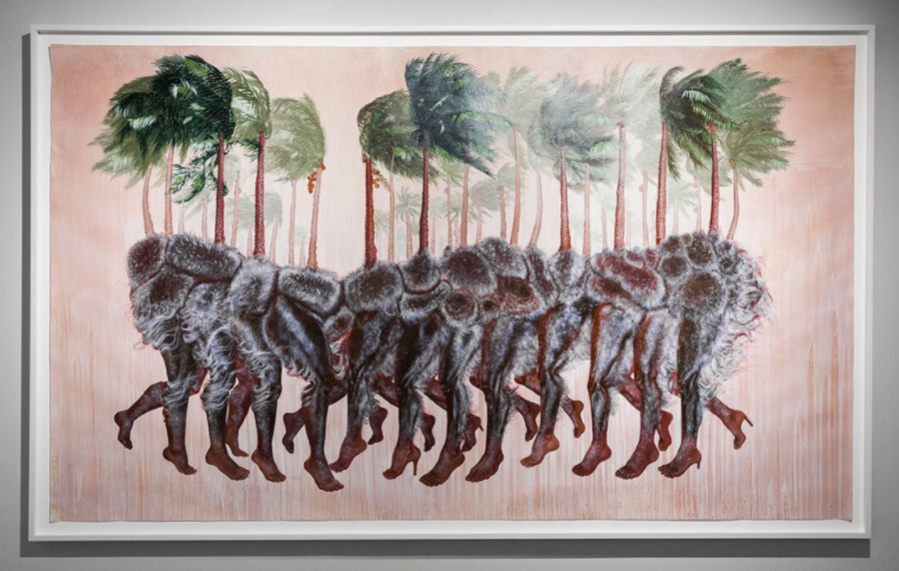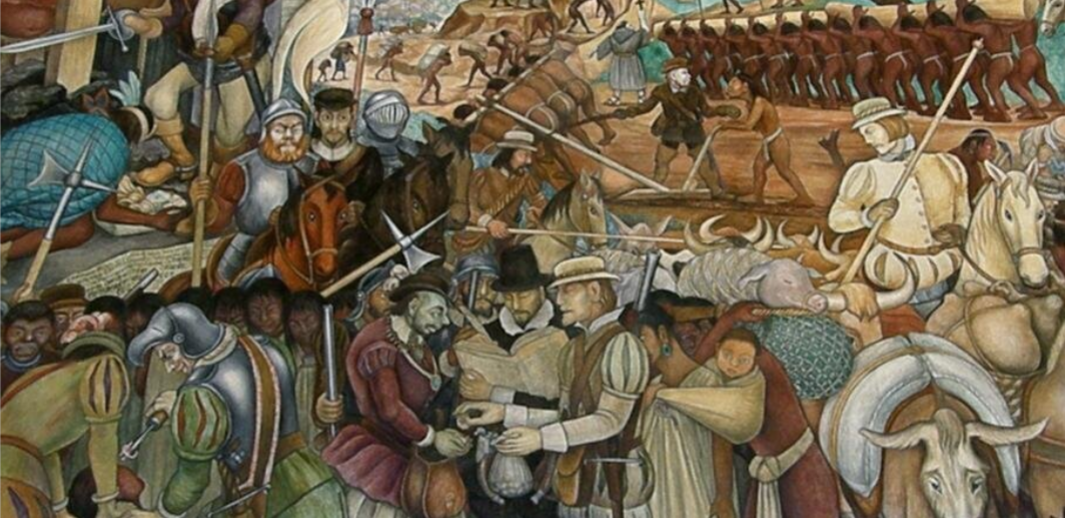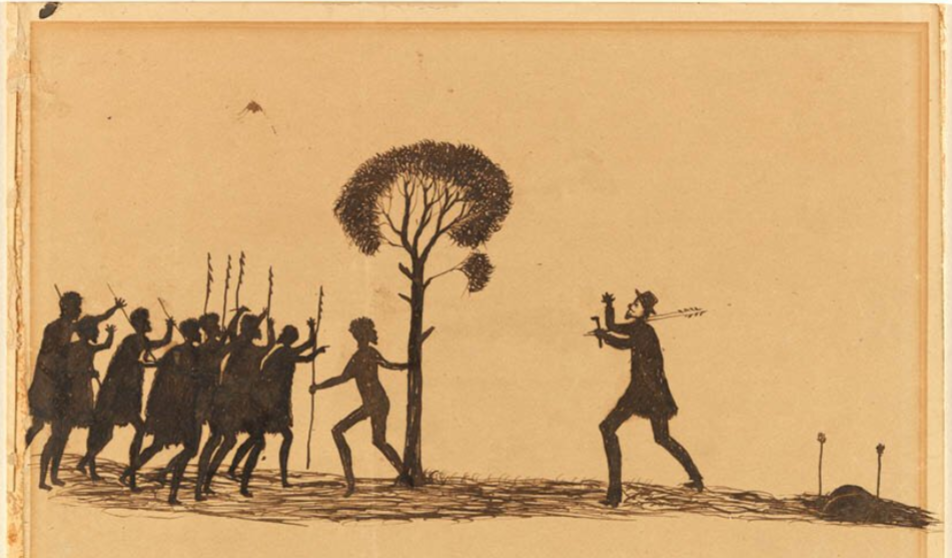Postcolonialism

What Is Postcolonialism?

Postcolonialism by definition deals with the effects of colonization on cultures and societies. Unlike “colonialism,” this term is of much more recent provenance, emerging in the late 1970s to describe a range of literary and cultural analysis of colonized and formerly colonized societies. As originally used by historians after World War II in terms such as the post‐colonial state, “post‐colonial” had a chronological meaning, designating the post‐independence period. However, from the late 1970s, the term has been used by cultural critics to discuss the various social, political and cultural effects of colonization. It now describes neither a historical period nor a fixed range of societies but is best understood as a discourse generating a specific reading practice.1
Postcolonial theory, which underpins postcolonial art, does not simply relate to the time after which a nation gains independence from its colonial ruler. It analyses and responds to the cultural legacies of colonialism and the human consequences of controlling a country in order to exploit the native people and their land. In doing this it also addresses how the society and culture of non-European peoples were seen from the perspective of Western cultural knowledge; how this was used to subjugate people into a colony of the European Mother Country; and the resulting identities of ‘coloniser’ and ‘colonised’.
Martinique-born intellectual Frantz Fanon was one of the leading anti-colonial thinkers of the twentieth century, and provided a theoretical framework for interpreting the oppression of the individual under imperialism – a significant element of much postcolonial art. An important influence on Fanon’s ideas was his teacher and mentor Aimé Césaire one of the leaders of the Négritude movement. In books such as Wretched of the Earth first published in 1961, Fanon analysed the effects of colonialism and decolonization and the role of class, race, national culture and violence in the struggle for national liberation. This and other books initiated the investigation of diversity and hierarchy in postcolonial cultures undertaken by writers such as Edward Said, Stuart Hall and Homi Bhabha.2

Do studies of colonialism and postcolonialism have a future in a world now widely said to require the multidimensional framings provided by today’s high-profile theorists of globalization and cosmopolitanism? One sign of the rich potential still offered by the colonialism/postcolonialism field’s tools and perspectives is its elasticity, as in the ways its insights have been merged and synthesised with those of other history-conscious areas of research and debate. This includes the work of scholars of socialism and postsocialism who have addressed the transformations and problematic vernacularizations of modernity in their own complex research contexts by reflecting productively on the ways in which key themes from the study of colonialism and postcolonialism can be engaged and expanded on (Bayly 2007; Kandiyoti 2002; Ssorin-Chaikov 2003).
Furthermore, as Ania Loomba has shown, many variants of contemporary globalization studies have absorbed rather than overridden the key elements of colonial and postcolonial studies (2005). Their use has provided a powerful means of avoiding the end-of-history triumphalism and ahistorical thinness with which many commentators have defined, celebrated or demonised the conditions of globalised cultural and economic life in today’s world of flexible citizenship and fractured sovereignties. Consciousness of empire and a continuing engagement with the rich and varied literature on its impacts and afterlife thus has the potential to nuance and ground the many ways in which scholars now seek to grasp all that is local, translocal and global in the world today.3

Sources
1 https://onlinelibrary.wiley.com/doi/abs/10.1002/9780470670590.wbeog466#:~:text=Postcolonialism%20(or%20often%20post%2Dcolonialism,on%20cul%2D%20tures%20and%20societies.&text=As%20originally%20used%20by%20historians,designating%20the%20post%2Dindependence%20period
2 https://www.tate.org.uk/art/art-terms/p/postcolonial-art
3 https://www.anthroencyclopedia.com/entry/colonialism-postcolonialism
Image
Firelei Báez, “How to slip out of your body quietly”, 2018. Acrylic and oil on paper.
https://amlatina.contemporaryand.com/editorial/a-postcolonial-paradox/
“The Arrival of Cortés" Diego Rivera, National Palace, Mexico City, 1951
https://www.anthroencyclopedia.com/entry/colonialism-postcolonialism
Meeting the White Man, by Tommy McRae. Photos: Aboriginal Artists Agency ltd.
https://www.sundayguardianlive.com/culture/postcolonial-gaze-aboriginal-artists-australia-narrate-history


